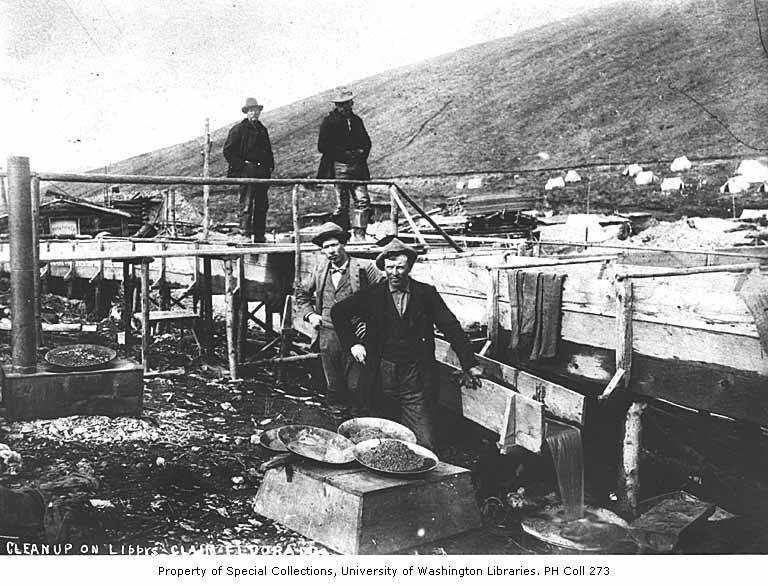The Overcrowding Dilemma

Every summer, the world’s most beloved places turn into a sea of selfie sticks, elbow bumps, and endless waiting. I used to dream about strolling through ancient streets or lounging on a quiet beach, but reality hit hard: overwhelming crowds have changed the game. The World Tourism Organization reported in 2024 that global tourist arrivals spiked by 15% during summer, shattering records and patience alike. Cities like Venice and Barcelona have responded with strict visitor caps and even entry fees, desperate to tame the chaos. The magic of discovery quickly fades when you’re shoulder to shoulder with thousands, all jostling for the same view. Once, I spent nearly two hours in line just to glimpse a famous painting, only to have the experience muffled by the constant hum of restless tourists. The sheer volume of people during these months turns something meant to be inspiring into a chore.
Skyrocketing Prices

If there’s one thing travelers dread, it’s seeing their dream trip turn into a budget nightmare. Airlines and hotels crank up their prices as soon as the school bells ring for summer break. Hopper, a leading travel booking site, uncovered that flight prices in peak summer can jump by as much as 30% compared to quieter months. It’s not just flights—hotels in popular spots often double or triple their rates, squeezing wallets tighter with every booking. Suddenly, that spontaneous getaway starts to feel more like a luxury than a right. For those watching their spending, it’s a tough pill to swallow. I remember hesitating over a room that cost three times its off-season rate, wondering if the crowded pool was really worth it. Many travelers are now eyeing the shoulder seasons, where a little flexibility equals huge savings and far less stress.
Unpredictable Weather Patterns

Summer seems to promise sunny skies and gentle breezes, but recent years have had other plans. The National Oceanic and Atmospheric Administration highlighted a clear trend—summer heatwaves are getting more intense, and storms more frequent. Record-breaking temperatures have left travelers sweltering and searching for shade in places once famous for their pleasant weather. In 2024, thousands of flights were delayed or canceled due to sudden storms, leaving families stranded and plans in ruins. There’s nothing quite like planning a beach holiday, only to spend it huddled indoors while torrential rain lashes the coast. For many, these unpredictable patterns mean more frustration than fun. Choosing cooler, calmer months has become a way to dodge not only the crowds, but the wild swings of summer weather.
The Challenge of Family Travel

Summer break sounds like the perfect time for a family adventure, but the reality isn’t always so rosy. Juggling school schedules and the pressure to “make memories” can turn planning into a logistical nightmare. According to the Family Travel Association’s 2024 survey, 60% of families felt stressed out by summer vacation planning, citing high costs and overwhelming crowds as top concerns. I’ve watched parents try to wrangle cranky kids through packed museums or theme parks, wishing for just a moment of peace. Finding activities that suit everyone is tough enough; add the chaos of peak season and it’s nearly impossible. More families are looking to travel during quieter months, seeking both savings and sanity. Off-peak trips often mean calmer days and more real quality time together.
The Rise of Remote Work Travel

The way we work—and travel—has shifted dramatically. With the explosion of remote work, people no longer have to squeeze their trips into the same few sticky summer weeks. A 2024 FlexJobs report showed nearly 40% of remote workers now plan vacations outside traditional high season. This change has opened up a world of possibility: imagine logging into a team meeting from a cozy mountain town in October, rather than sweating it out in a packed summer resort. Traveling off-peak means more breathing room, richer cultural encounters, and a pace that feels refreshingly human. As more people catch on, the travel calendar is spreading out—and summer isn’t the non-negotiable window it once was.
The Environmental Impact

Traveling in the summer isn’t just hard on nerves and wallets—it’s hard on the planet. The United Nations spotlighted a sobering fact: tourism accounts for about 8% of global greenhouse gas emissions, with summer being a major culprit. Airplanes packed to capacity, cities straining under the weight of visitors, and natural sites worn down by heavy foot traffic all add up. It’s become impossible to ignore the environmental toll. These days, I find myself questioning whether my well-earned vacation is worth the added carbon footprint. More travelers are making the same calculation, choosing eco-friendly stays and off-peak trips to lighten their impact. Every small shift helps, and skipping summer is a step toward travel that feels more responsible.
The Appeal of Off-Peak Travel

There’s a certain magic in finding yourself alone in a beautiful place, unhurried and fully present. Off-peak travel offers just that—a chance to savor destinations without the press of crowds. A 2024 study from the Adventure Travel Trade Association found that travelers going off-season reported higher satisfaction, with fewer lines and more meaningful moments. Local businesses often have more time to share stories, and hidden gems reveal themselves when you’re not rushing. The cost savings are just the cherry on top. I once wandered through a historic village in early spring, chatting with locals and feeling like I’d stumbled into a secret. Those memories have stuck with me far longer than any sunburn or souvenir.
Health and Safety Concerns

Since the pandemic, every trip comes with new considerations. Even as restrictions have eased, concerns linger about crowded spaces and the risk of illness. The Global Business Travel Association reported in 2024 that 70% of travelers worry about health safety in busy tourist areas. I’ve found myself scanning crowds more closely, calculating risks, and sometimes skipping attractions altogether. Many destinations now highlight their health protocols, but there’s no substitute for simply having more space. Traveling outside peak times means less exposure to germs and more peace of mind—something that feels increasingly valuable with each passing year.
The Importance of Personal Well-Being

Travel is supposed to recharge us, but peak season can leave you feeling more frazzled than refreshed. The lines, the noise, the sense of always being rushed—it all adds up. A 2024 study in the Journal of Travel Research confirmed what many already suspected: travelers going off-peak report lower stress and greater enjoyment. I’ve learned to listen to what my mind and body need, not just what the school calendar suggests. Quiet mornings, less pressure, and genuine relaxation have become my new priorities. For me, skipping summer travel is an act of self-care—a way to make sure every trip nourishes, instead of depleting, my sense of wonder.
Finding Joy in the Unexpected

Stepping away from the summer travel frenzy has opened up a world of surprises. Whether it’s stumbling onto a local festival in November or having a famous landmark all to myself, the unexpected joys of off-peak travel have become my new favorite souvenirs. I’ve discovered a slower, more personal way to see the world—one that feels less like a race and more like an adventure. The best memories often come from these quieter moments, when travel feels like a privilege, not a competition. Isn’t it time we all reconsidered when—and why—we choose to explore?






